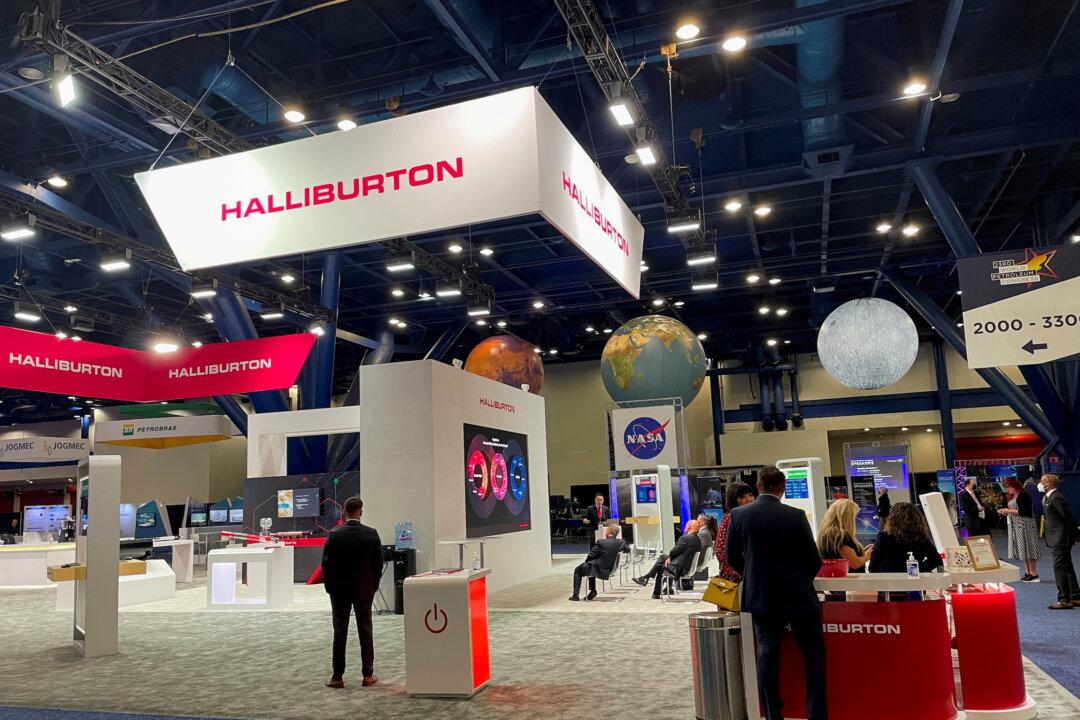Oilfield services firm Halliburton Co. on Tuesday posted an 85 percent rise in first-quarter adjusted profit and raised its forecast for customer spending in North America as a rally in oil and gas prices boosted demand.
Halliburton said it anticipates North American spending to grow by 35 percent this year due to stronger activity and inflation, revising higher an earlier estimate of a 25 percent increase.





